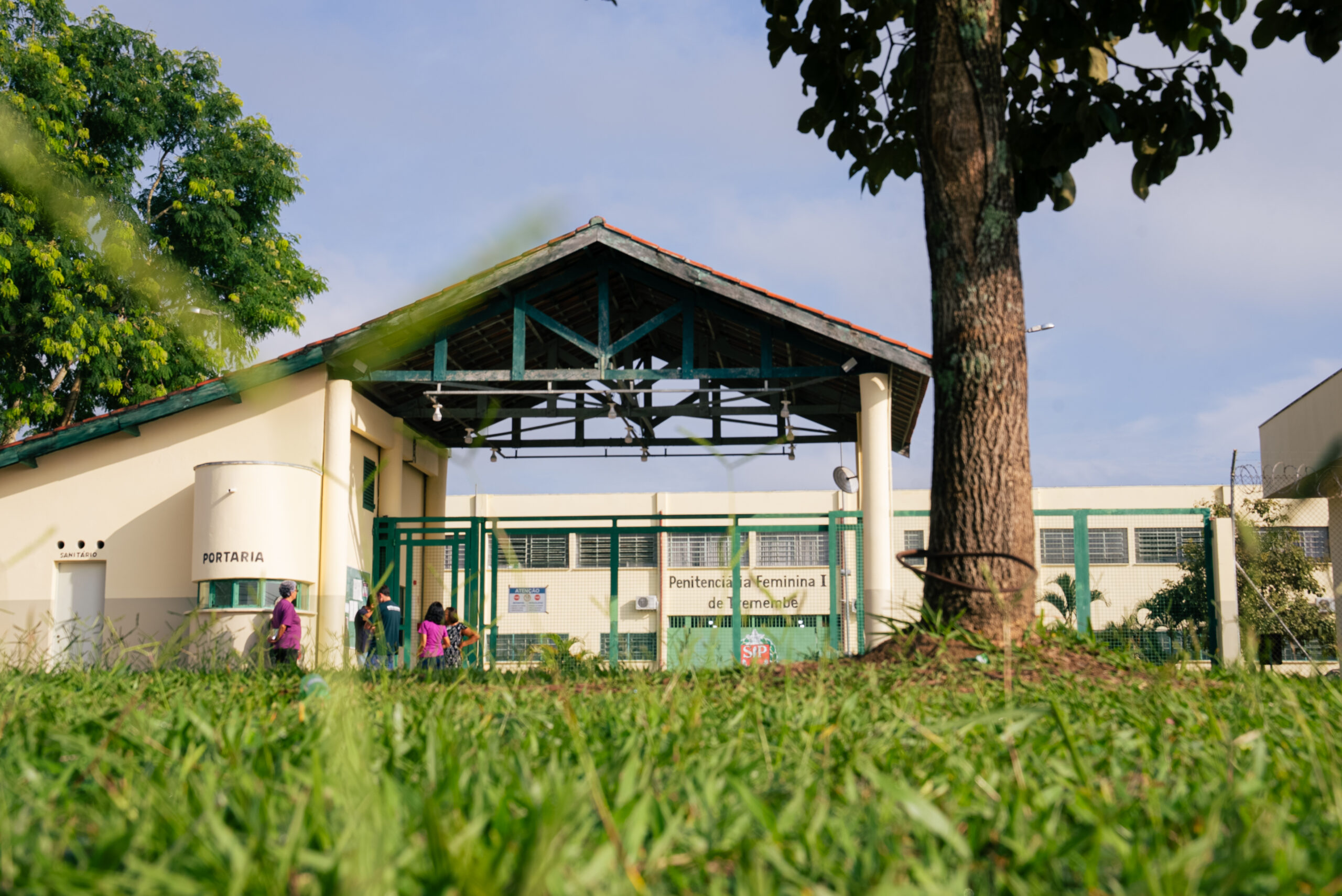Following changes to the Penal Execution Law that restricted temporary releases for incarcerated individuals, it is estimated that by 2034, no inmates will have the right to so-called “saidinhas” (how furloughs are known in Brazil), with alarming impacts on social reintegration in the Brazilian prison system. This change is the subject of a study prepared by the legal department of the Humanitas360 Institute, which projects the complete extinction of the benefit based on data from the 16th Penal Information Report (Relipen), from June 2024.
Approved by the National Congress and signed with vetoes by the federal government in early 2024, Bill No. 14,843 substantially alters the penal law by eliminating the right to temporary release for family visits and leisure activities. The benefit was maintained only for releases related to external work and study, representing a significant restriction compared to the previous regime. However, a fundamental aspect of this legislative change is that, as it constitutes a more severe penal norm, the new legislation does not apply retroactively – that is, only people convicted after January 10, 2024, are subject to the new rule.
This means that all those who began serving their sentences before that date retain the acquired right to temporary releases under the previous legislation. It is precisely this group that was the subject of analysis by H360 to understand when the right will be completely extinct from the Brazilian prison system. The study used data from the 16th Relipen and revealed that there were approximately 360,430 people serving sentences in closed regime and 112,980 in semi-open regime, totaling about 473,410 people potentially eligible for temporary release. The analysis considered both the total sentence applied and the remaining sentence – that is, the time still to be served.
The data shows that the average remaining sentence is approximately 9.6 years. Considering that only those convicted before January 10, 2024, maintain the right to the benefit, it is possible to project that by 2034 the vast majority of people with acquired rights will have completed serving their sentences. The distribution of remaining sentences reveals that 31,547 people have up to six months to serve, while another 48,167 people still need to serve between 4 and 8 years of sentence. At the opposite extreme, only 300 people have remaining sentences exceeding 100 years.
More than a simple compilation of numbers, the survey demonstrates the true countdown that the legislative change imposes on one of the most important instruments of social reintegration, whose extinction should make it even more difficult for incarcerated people to rebuild their return to freedom.
During periods of “saidinha,” male and female prisoners in semi-open regime have the opportunity to reconnect, strengthen, or create essential bonds with family members and their social circle. These moments are crucial for preparing the return to social life, allowing the incarcerated person to maintain connections with the outside world, to which they return gradually. Maintaining these social bonds is recognized as a protective factor against criminal recidivism.
Recent data from the system itself shows that the evasion rate during temporary releases is low, contradicting arguments frequently used to justify their restriction. According to a G1 survey, at Christmas 2023, of the just over 52,000 people benefited throughout the country, 95% returned to prison within the stipulated period. Between January and June 2024, the total number of abandonments was 6,055 cases out of 173,577 temporary releases, representing only 3.4% of the total. These numbers demonstrate how the benefit works effectively without representing significant risks to public safety, contrary to what punitive discourse suggests.
For Larissa Itri, legal consultant at the Humanitas360 Institute, “the gradual extinction of temporary releases by 2034 represents the consolidation of a punitive model that ignores that prison, marked by torture practices and systematic violations, requires transition mechanisms like ‘saidinhas.’ The gradual progression of sentences was conceived as a reintegration strategy, but its dismantling compromises any real prospect of dignified return to society for incarcerated people.”
For the Humanitas360 Institute, which has worked for a decade to reduce violence and promote citizenship among vulnerable populations, especially in the prison system, this scenario reinforces the importance of initiatives like the “Green Doors: Temporary Leave” project. Throughout 2025, H360 is going to the field during temporary releases in the interior of São Paulo state, bringing together partners and volunteers in welcoming actions that include donation of clothes, food, and personal hygiene kits. Conversations are also held with people in semi-open regime and family members about their rights and legal processes, allowing them to better understand their situation and make informed decisions.





